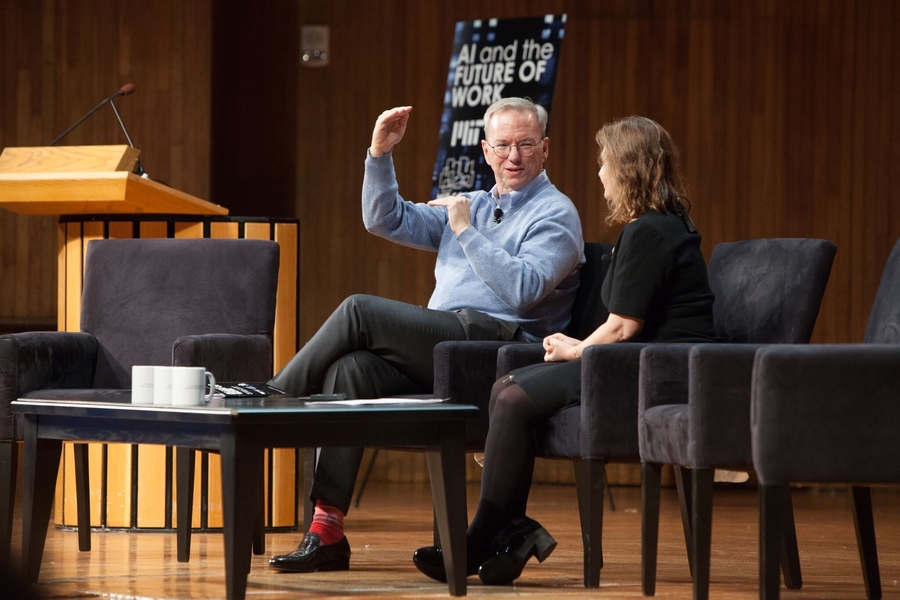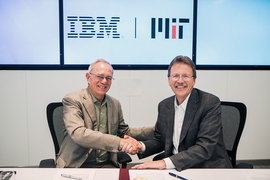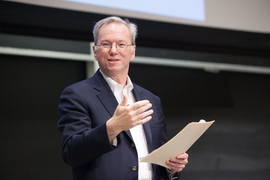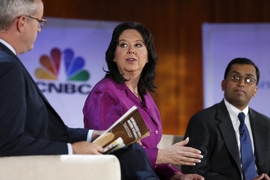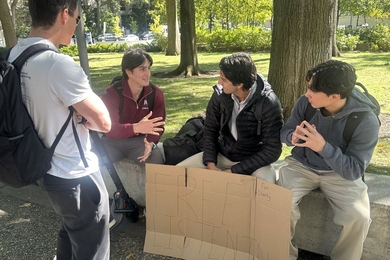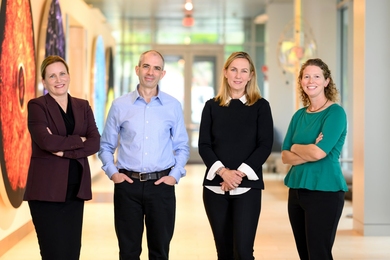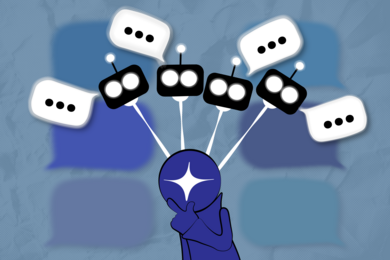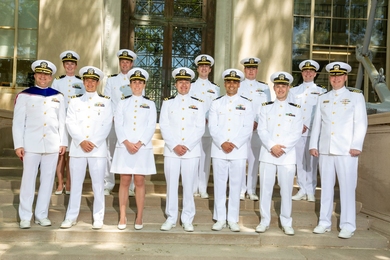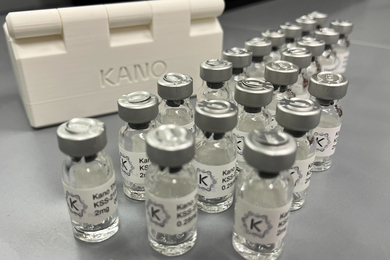This week MIT hosted a summit on “AI and the Future of Work”, focused on helping industry, government, and the workforce navigate the opportunities and challenges of artificial intelligence and automation.
Hosted by MIT's Computer Science and Artificial Intelligence Laboratory (CSAIL) and the Initiative on the Digital Economy (IDE), the event featured speakers such as Alphabet chairman Eric Schmidt and machine-learning pioneer Yann LeCun.
Taking place in MIT’s Kresge Auditorium, the summit featured remarks from CSAIL Director Daniela Rus and IDE Director Erik Brynjolfsson, as well as a keynote address by Schmidt. Computer scientists, economists, and industry experts spoke about a range of topics that included legal policy, technical challenges, and assistive technologies.
During his opening remarks, MIT President L. Rafael Reif noted the important societal gains that could stem from AI, such as economic growth, higher living standards, longer life spans and less disease. However, he also described the fear that many Americans face related to automation and job loss.
“Seventy-two percent of Americans say they feel worried about a future [in which] robots and computers can do many human jobs,” said Reif. “It's clear to almost everyone that deep change is happening. For most people it's not clear how to respond.”
Still, a common theme throughout the event was the potential physical and mental benefits of automating monotonous work. Schmidt expressed his belief that AI will not only make workers more productive, but help spur a future of ubiquitous personal assistants, saving time and helping people lead happier lives.
“The presumption is that existing jobs are lost, and you can’t imagine the jobs that are created,” he said. “[But] AI is replacing tasks. There is a surplus of jobs and not enough people to fill them.”
Of course, many technical issues still remain. CSAIL researcher and autonomous-driving expert John Leonard discussed some of the challenges underlying what he calls the “great space race of the 21st century.” He spoke about the concept of “parallel autonomy,” where humans are are still in control of the car, but the vehicle onboard computer will step in if the driver is about to make a dangerous move. He is among several MIT researchers who are working with Toyota to use this approach with self-driving cars.
Cybersecurity expert Daniel Weitzner spoke on a panel that examined a delicate practical question about AI: who’s at fault when it makes a mistake? Weitzner spoke about the limits of deep learning systems that are high-performing, but whose decisions still aren’t fully understood by the humans that created them.
“People are learning ways to trick these systems, making them downright harmful to individuals and more difficult to figure out who is at fault,” said Weitzner. “I imagine we could create a static mechanism that conforms to a set of rules and regulations that we can lay out, and build to those rules.”
Other sessions included a discussion about job training with Rusty Justice, whose company Bit Source “turns coal miners into data miners.” Kai-Fu Lee, an influential former Google China executive who is now CEO of Sinovation Ventures, spoke about the state of AI in China, and predicted that AI would be able to do half all job tasks in China in the next 10 to 15 years.
The summit builds off other major MIT AI initiatives, including the new lab with IBM and “SystemsThatLearn@CSAIL,” which focuses on democratizing AI systems.
Even with all of the AI advances that have been made, most speakers at the summit agreed that there’s still ample room for inventing better and smarter systems.
“We’ve always said that human-level intelligence is 20 years off,” said MIT AI Professor Patrick Winston. “Eventually we’ll be right."
